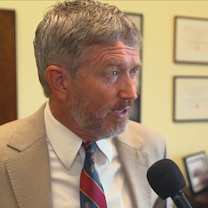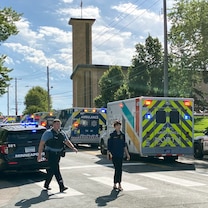Why Getting Vaccinated Protects More Than Just You
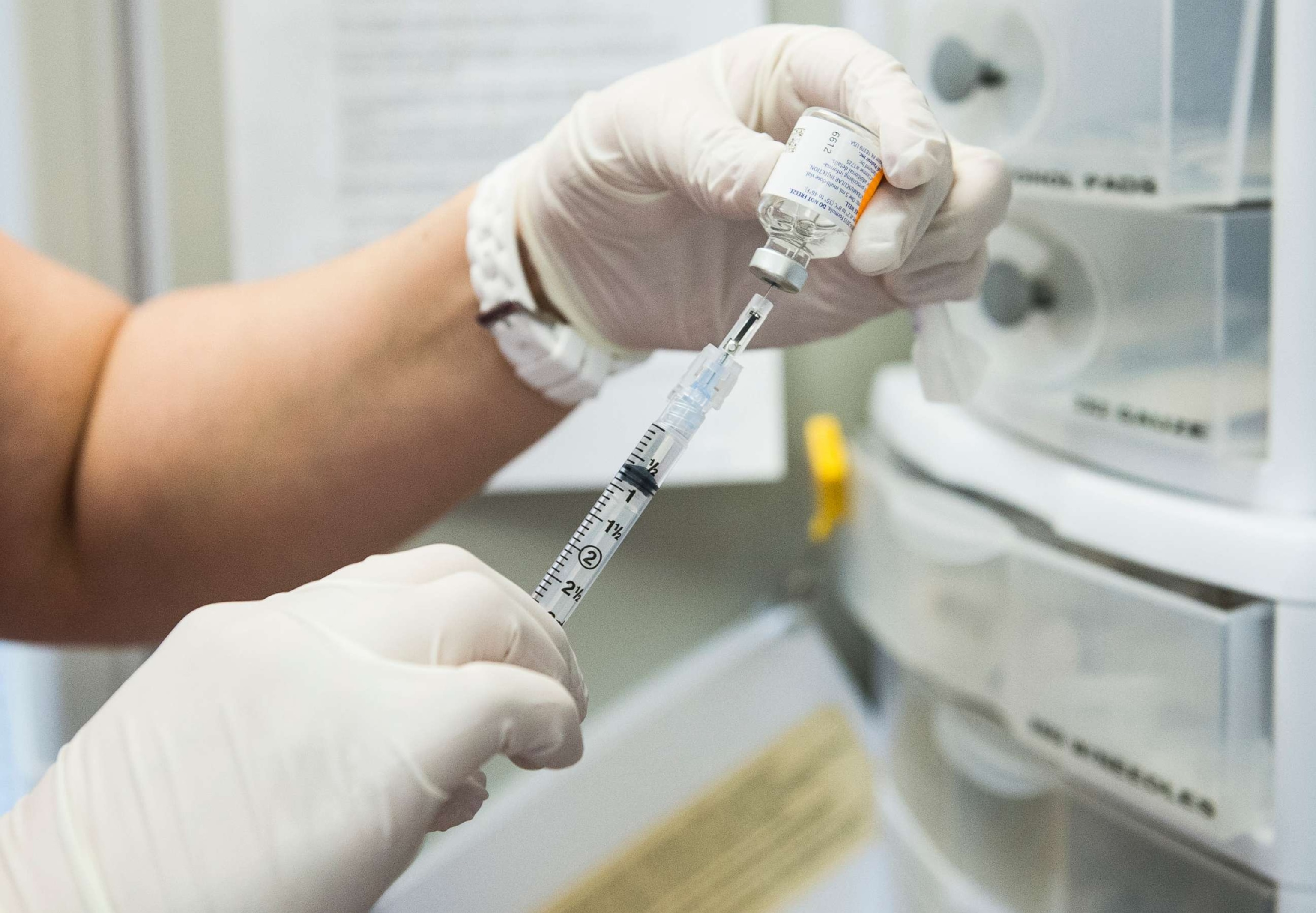
Health experts say vaccine-created herd immunity safeguards more people.
As some politicians continue to emphasize personal choice when it comes to vaccinations, doctors and infectious disease specialists point out that getting vaccinated not only protects the individual, but also the community.
While currently available vaccines have been FDA-approved as safe and effective, no vaccine offers 100% protection. Because of this, individual protection from a particular disease is based not just on whether you are vaccinated against it, but also on whether those around you are vaccinated. That’s because vaccinations reduce the opportunity for a disease to spread.
If you are less likely to be exposed, experts say, you are less likely to be infected.
"I think one of the things that anti-vaccine activists say that I find most worrisome is when they say, ‘What do you care what I do? You're vaccinated,’” Dr. Paul Offit, director of the Vaccine Education Center and professor of pediatrics in the Division of Infectious Diseases at Children’s Hospital of Philadelphia, told ABC News.
"But that assumes that vaccines are 100% effective, which is true of no vaccine," Offit explained. "And if you're surrounded by a lot of people who aren't vaccinated, you're at risk, and much greater risk, because they have a much greater chance of spreading the virus to you."
Offit also cited a study about an early 2000s measles outbreak in the Netherlands, which found that “you were actually better off being unvaccinated, living in a highly vaccinated community, in terms of getting measles, than being vaccinated and living in a highly unvaccinated community because ... if you're more likely to be exposed, then you're more likely to get sick."
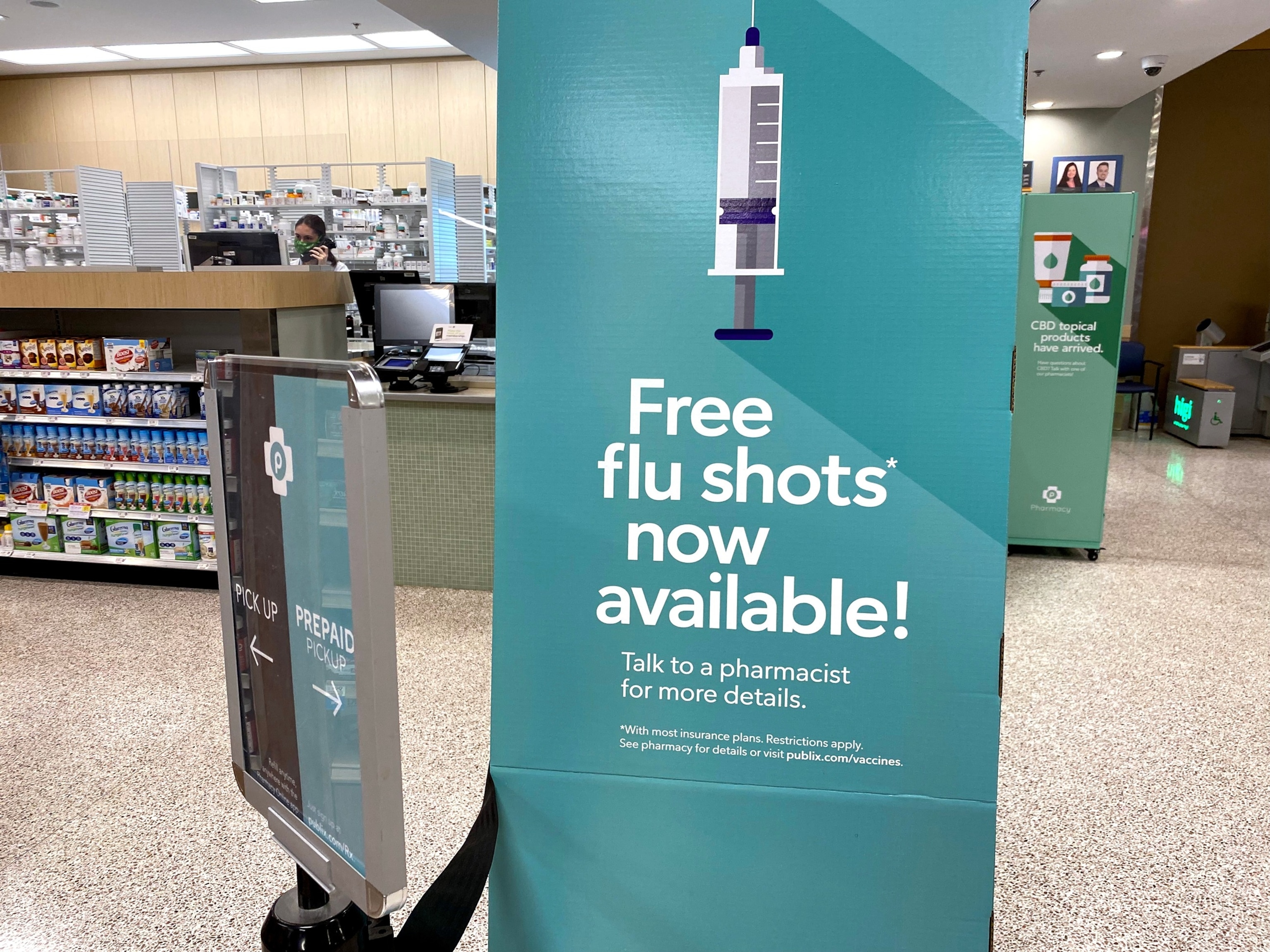
This concept is known as herd immunity, which occurs when enough of the population is vaccinated against a disease that most other members are protected from infection because there is little opportunity for the disease to spread. This is how measles was declared eliminated in 2000, when high community vaccination rates in the U.S. prevented the continuous spread of the virus.
But over the past few years, vaccination rates in the U.S. have been dropping. For the fifth school year in a row, according to CDC data from this summer, vaccination rates among kindergarteners have been below 95%, which is the target threshold that public health experts say is ideal for herd immunity.
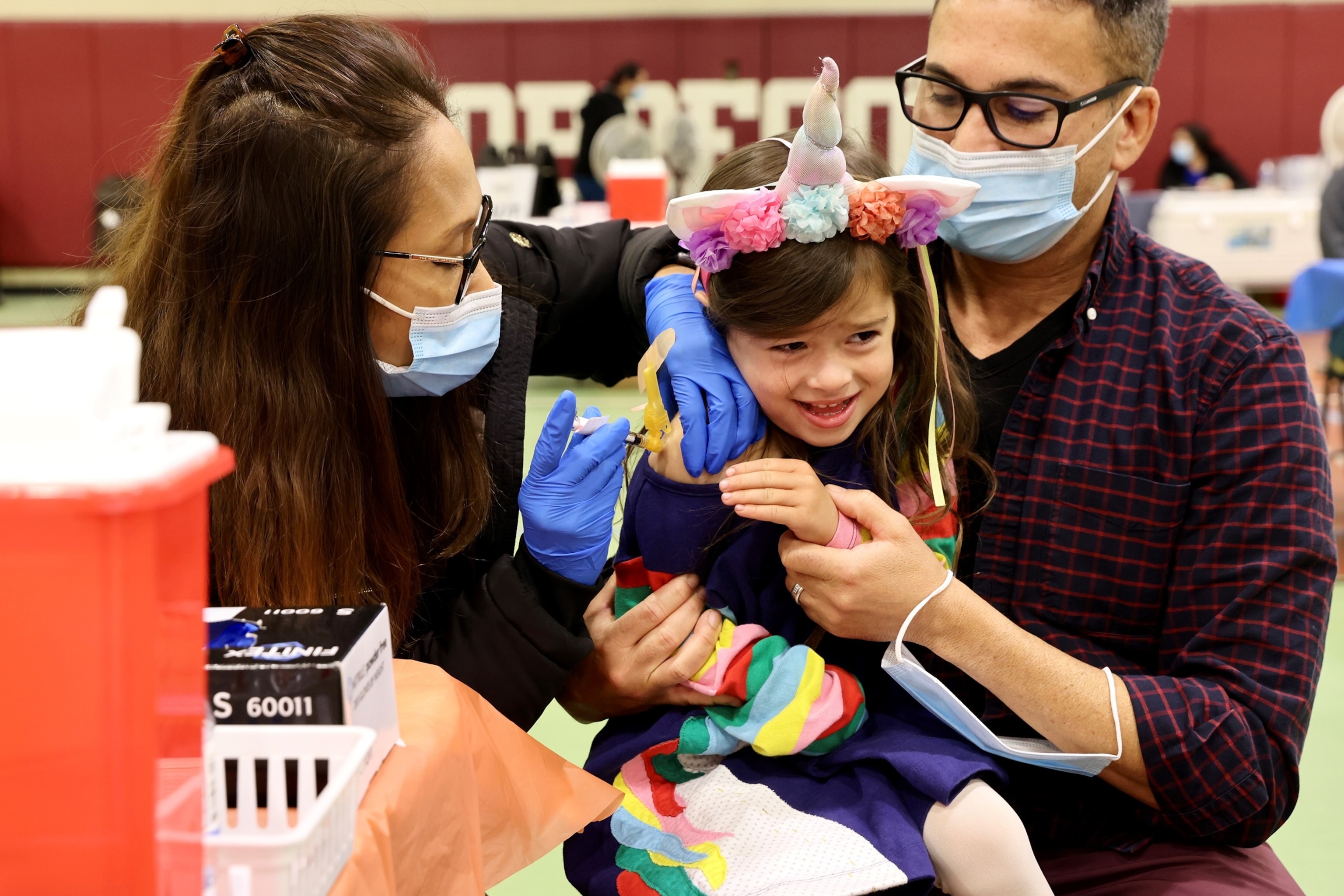
Exemptions for vaccines also hit a record high, increasing to 3.6% compared to 3.3% in the previous school year, according to the CDC. The number of kindergarteners exempt from one or more vaccines during the 2024-2025 school year was "about 138,000," CDC data shows, with an estimated 286,000 kindergarteners during that same period attending school without documentation of receiving their measles vaccination.
School entry vaccination mandates are determined by state officials. All states allow medical vaccine exemptions and most states already have exemption policies in place for people with strong religious objections, in an effort to balance the need for public health with the ideal of individual freedom of choice.
"It's too bad that we do need mandates, but I think we do need mandates because there's so much misinformation out there about vaccines that it's causing people to put their children in harm's way unnecessarily,” Offit said.
Popular Products
-
 Massage Ball & Peanut Massage Stick
Massage Ball & Peanut Massage Stick$30.99$20.78 -
 Yoga Rally Elastic Resistance Bands
Yoga Rally Elastic Resistance Bands$30.99$20.78 -
 Vibration Plate Exercise Machine
Vibration Plate Exercise Machine$226.99$157.78 -
 Adjustable Electric Heated Ankle Wrap...
Adjustable Electric Heated Ankle Wrap...$73.99$50.78 -
 Adjustable Ankle Tension Rope
Adjustable Ankle Tension Rope$38.99$26.78
